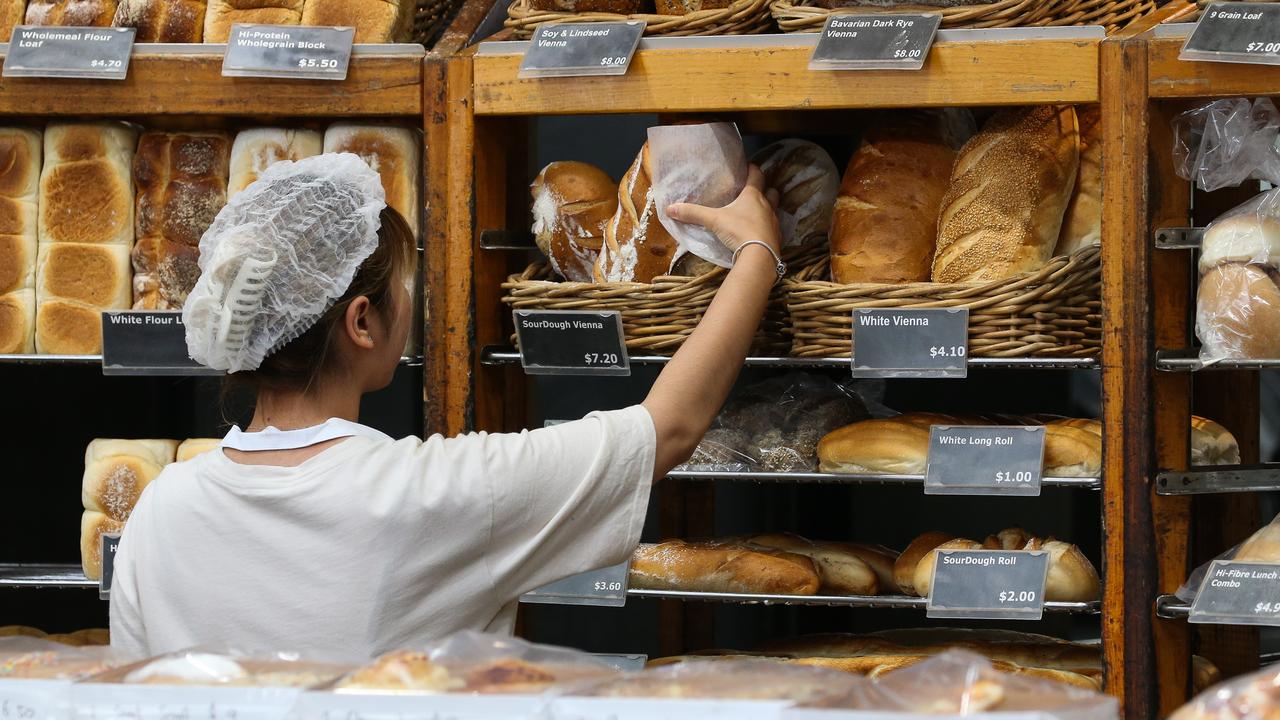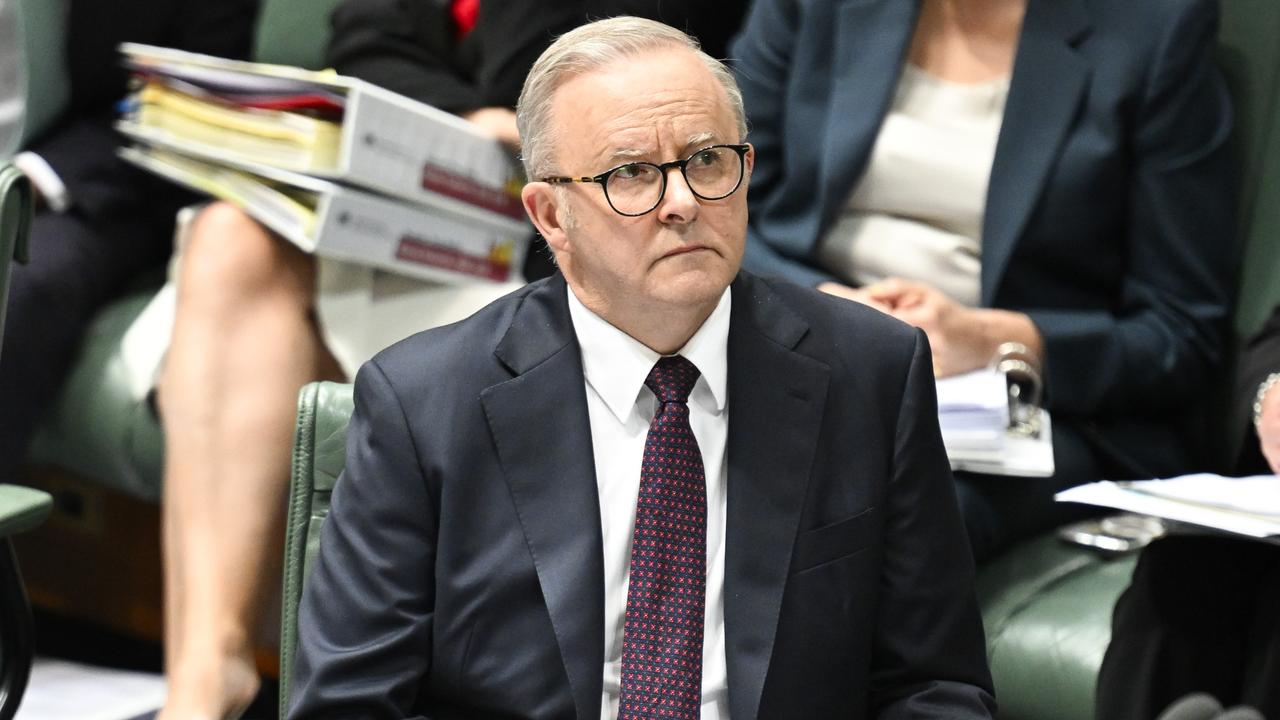IMF inflation warning: World goes low as we stay high
Australia’s run of high inflation is on track to exceed all advanced economies except Slovakia’s, according to new IMF forecasts that will increase pressure on the Albanese government and the Reserve Bank.
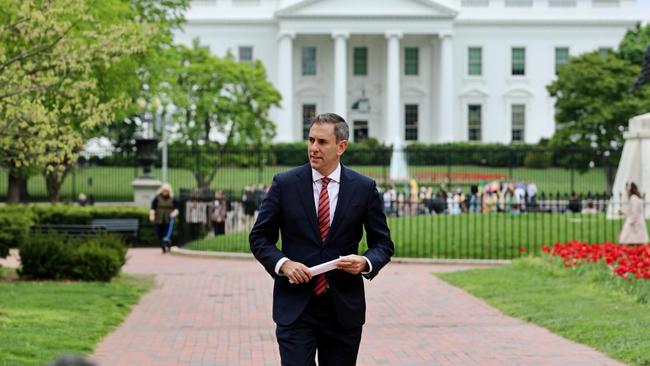
Australia’s run of high inflation is on track to exceed all advanced economies except Slovakia’s, according to new International Monetary Fund forecasts that will increase pressure on the Albanese government and the Reserve Bank.
As Jim Chalmers travels to the US for high-level meetings amid fears over sluggish global growth and rising protectionism, the IMF World Economic Outlook released on Wednesday revised up its 2025 consumer price projections for Australia from 2.8 per cent in April to 3.6 per cent.
Urging governments worldwide to rein in spending to stabilise exploding debt levels, the IMF predicted Australia would be one of two advanced economies with headline inflation above 3 per cent by the end of next year, well above comparable jurisdictions that are already cutting interest rates such as the US, Britain, the European Union, Canada and New Zealand.
Ahead of the Treasurer flying to Washington DC on Wednesday for annual G20, IMF and World Bank meetings a fortnight-before the US election, the IMF has downgraded Australia’s economic growth outlook to 1.2 per cent this year, down from 1.5 per cent in April.
Amid the prospect of Donald Trump winning the November 5 election and deep concerns over China’s sluggish economy, the IMF warned “an intensification of protectionist policies would exacerbate trade tensions, reduce market efficiency, and further disrupt supply chains”.
Key Albanese government economic, climate, manufacturing and defence policies face being up-ended if Mr Trump wins the election, with the Republican candidate threatening sweeping trade tariffs, an overhaul of US climate change commitments and a greater focus on domestic security.
The IMF, which also raises concerns over social unrest and fallout from conflicts in the Middle East and Europe, said a “broad-based retreat from a rules-based global trading system is prompting many countries to take unilateral actions”.
Dr Chalmers, who will be briefed on Australia’s interests in the US by ambassador Kevin Rudd, will meet US Treasury Secretary Janet Yellen, new Japanese Finance Minister Katsunobu Kato, South Korean Finance Minister Choi Sang-Mok, Canadian Deputy Prime Minister Chrystia Freeland and Joe Biden’s National Economic Council director Lael Brainard.
After the US central bank last month cut rates by half a percentage point, the first lowering of interest rates in more than four years, Dr Chalmers will meet US Federal Reserve chair Jerome Powell to discuss the global inflation challenge.
In line with Reserve Bank forecasts, the IMF expects headlineinflation will moderate to 3 per cent in Australia by the end of December as federal and state cost-of-living measures temporarily reduces price pressures. However, by the end of 2025, the IMF anticipates consumer prices will re-accelerate to 3.6 per cent as support is unwound. That projection is significantly higher than its previous estimate released in April of 2.8 per cent – within the RBA’s 2 to 3 per cent target band.
IMF consumer price forecasts show among advanced economies, Australia’s 2025 projection of 3.6 per cent is well ahead of Japan (1.8 per cent), the US and Canada (1.9 per cent), Britain, South Korea and the Euro area (2 per cent), and New Zealand (2.2 per cent).
With Australians struggling through a cost-of-living crisis and mortgage stress, Anthony Albanese’s hopes that the Reserve Bank will cut rates before next year’s federal election are at risk. Ahead of the RBA’s second last meeting of the year on November 5, Reserve Bank deputy governor Andrew Hauser on Monday warned that domestic inflation and interest rates would stay higher for longer because of a “deliberate choice” not to tighten monetary policy as much as other countries in order to shield jobs.
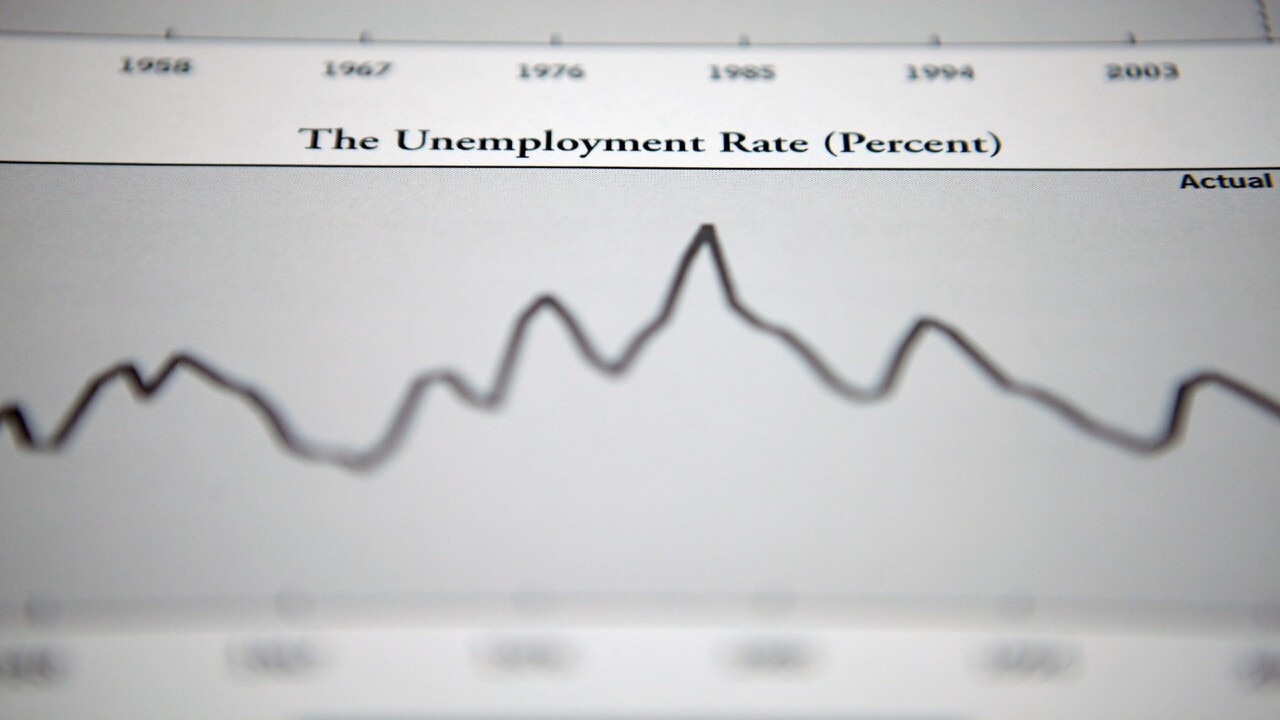
While most econonmists do not expect the RBA to begin cutting the 4.35 per cent cash rate until next year, with some predicting the first cut will not happen until the second half of the year, the IMF report predicted swift downward trajectories for interest rates in other jurisdictions. The report predicts the European Central Bank will slash its key interest rate to 2.5 per cent by mid-2025, down from its current level of 3.25 per cent. In the US, the Federal Reserve’s benchmark interest rate is expect to ease to 2.9 per cent in the third quarter of 2026, almost a year earlier than the IMF expected in April.
Dr Chalmers said the government was focused on “getting inflation down” while providing cost-of-living relief, repairing the budget, boosting productivity and building “buffers” against global volatility. The Treasurer, who will take part in a G20 task-force meeting on global mobilisation against climate change as part of 30 engagements in two days, said the IMF report highlighted the “big risks weighing on a weak and fragmented global economy”.
The IMF report said disinflation had continued “broadly as expected but did show signs of slowing in the first half of the year, suggesting potential bumps on the road to price stability”.
“Further disruptions to the disinflation process, potentially triggered by new spikes in commodity prices amid persistent geopolitical tensions, could prevent central banks from easing monetary policy, which would pose significant challenges to fiscal policy and financial stability,” the report said.
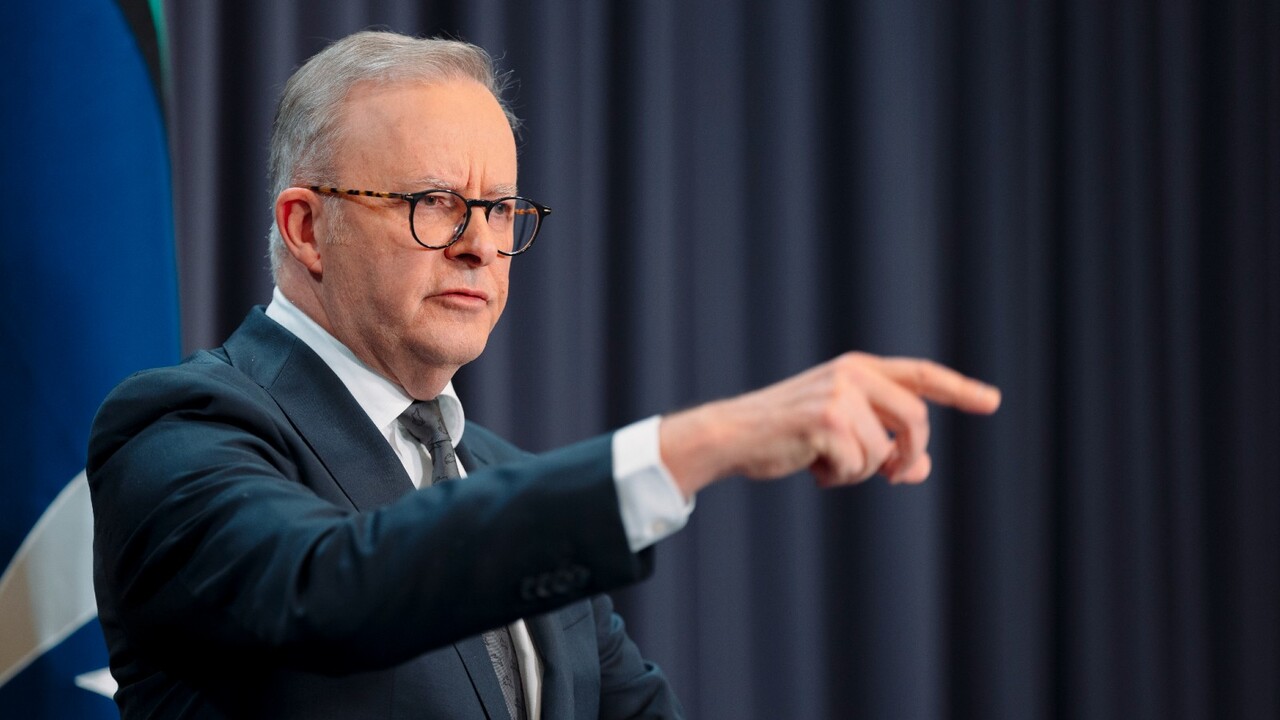
With global economic growth projected to hold steady at 3.2 per cent in 2024 and 2025, IMF chief economist Pierre-Olivier Gourinchas said: “The more credible and disciplined the fiscal adjustment, the more monetary policy can play a supporting role by easing policy rates while keeping inflation in check.”
Professor Gourinchas warned that the “willingness or ability to deliver disciplined and credible fiscal adjustments have been lacking”. He also cautioned that many countries – faced with increased external competition and structural weaknesses in manufacturing and productivity – were implementing industrial and trade policy measures to protect domestic workers and industries.
The Albanese government has put forward its Future Made in Australia policy to grow new supply chains and manufacturing jobs, accelerate the clean energy sector and create new sovereign industries.
Professor Gourinchas said: “While industrial and trade policy measures can sometimes boost investment and activity in the short run – especially when relying on debt-financed subsidies – they often lead to retaliation and fail to deliver sustained improvements in standards of living.”


